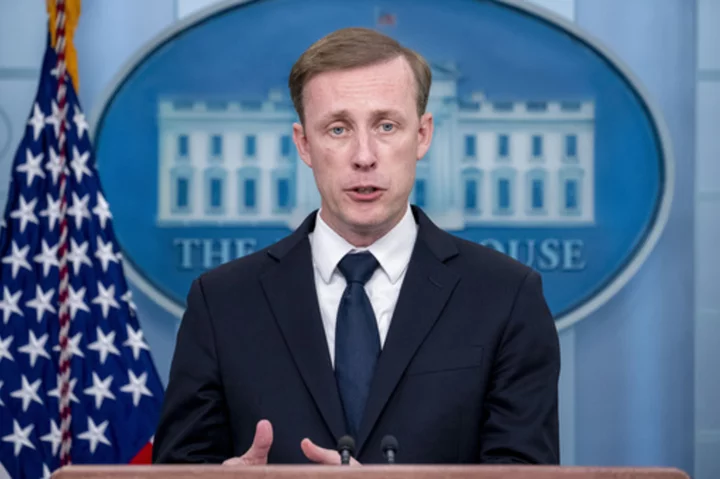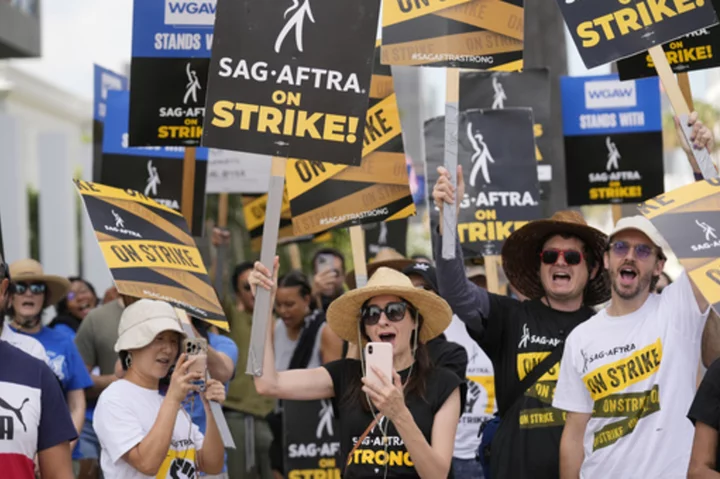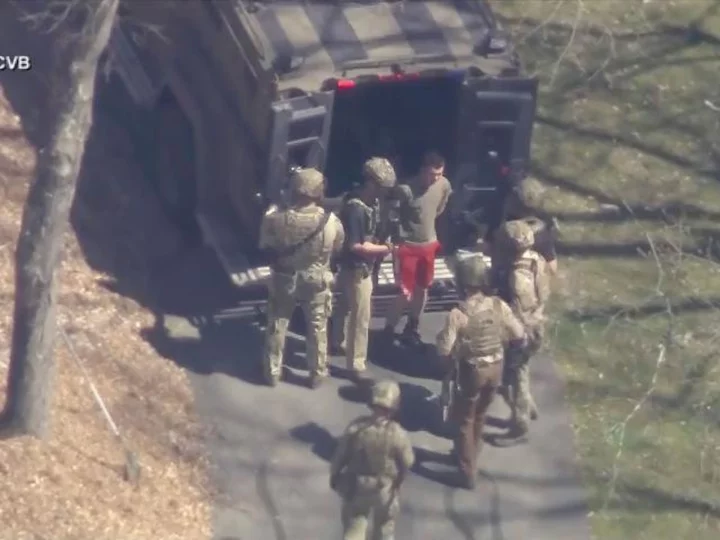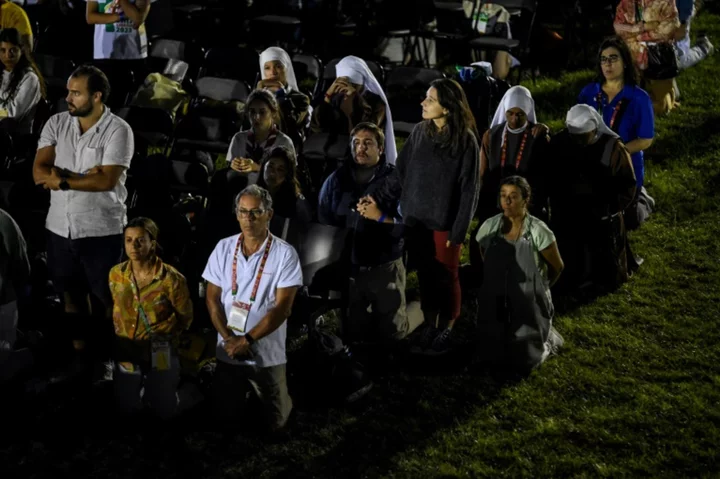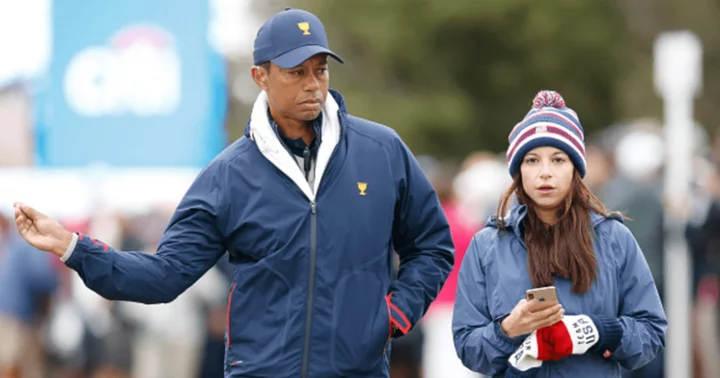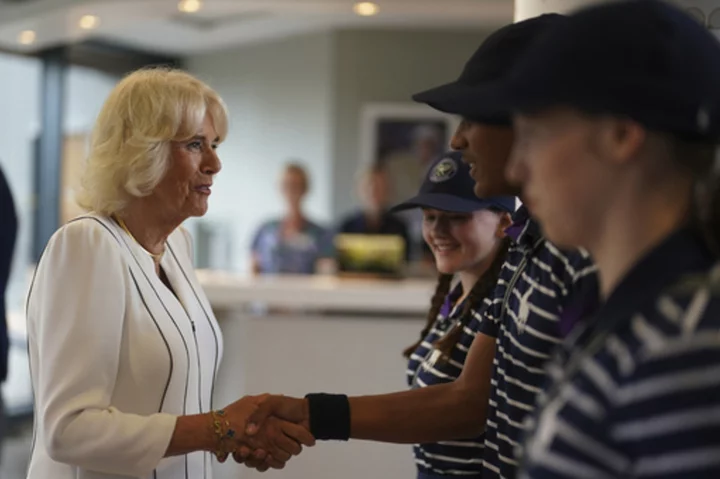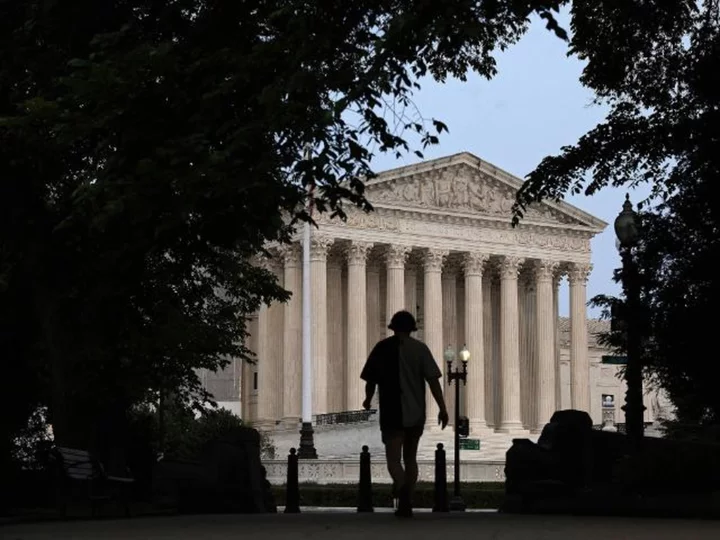WASHINGTON (AP) — White House national security adviser Jake Sullivan and senior Chinese foreign policy adviser Wang Yi held talks in Vienna this week, the latest in a series of small signs that tensions could be easing between the world's two biggest economies.
The meeting was not publicized by Washington or Beijing ahead of the high-level talks that took place on Wednesday and Thursday. The White House described the discussions as “candid” and “constructive."
As the political and military rivalry between China and the U.S. intensifies, American officials and analysts are worried that a lack of reliable crisis communications could cause a minor confrontation to spiral into greater hostilities. They cite the ability to communicate with the former Soviet Union as allowing the Cold War to end without a nuclear exchange.
Sullivan and Wang discussed “key issues” in the U.S.-China relationship, Russia’s ongoing invasion of Ukraine, Taiwan, and more, according to the White House statement.
“This meeting was part of ongoing efforts to maintain open lines of communication and responsibly manage competition,” the White House said in a statement.
Tensions spiked last year following then-House Speaker Nancy Pelosi's visit to democratically governed Taiwan. That visit, the first by a sitting House speaker since Newt Gingrich in 1997, led China, which claims the island as its territory, to launch military exercises around Taiwan.
U.S.-China relations became further strained earlier this year after the U.S. shot down a Chinese spy balloon that traversed the continental United States.
Beijing also was angered by Taiwan President Tsai Ing-wen's stopover in the U.S. last month that included an encounter with House Speaker Kevin McCarthy, R-Calif. The speaker hosted the Taiwanese leader at the Ronald Reagan Presidential Library in southern California.
But there are signs that the two sides are getting diplomatic communications back on track.
President Joe Biden and Chinese President Xi Jinping held talks in Bali, Indonesia, in November. Secretary of State Antony Blinken was to travel to China in February, but the trip was postponed after the spy balloon incident. Blinken and Wang, China’s top diplomat, met later in February on the sidelines of the Munich Security Conference after the U.S. had shot down the balloon.
The White House has expressed interest in rescheduling Blinken's visit. White House press secretary Karine Jean-Pierre earlier this week said that Treasury Secretary Janet Yellen and Commerce Secretary Gina Raimondo also could visit Beijing at some point.
This weeks talks were the first face-to-face meeting between Sullivan and Wang, who was elevated last year to the Communist Party’s Politburo, the top policymaking body made up of the party’s 24 most senior officials.
Wang served as foreign minister for nearly 10 years and was the only diplomat promoted to the 24-member Politburo.
U.S. Ambassador Nicholas Burns and Chinese Foreign Minister Qin Gang also met in Beijing this week, and Biden's special envoy for climate, John Kerry, held a call last month with his counterpart, Xie Zhenhua.
Burns, during a virtual forum hosted by the Stimson Center earlier this month, said communication is improving.
“Yes, we did have instances when we wanted to have certain very high-level conversations when it wasn’t possible," Burns said. “But I have to say, in recent weeks, in the last month or so, there’s been a consistent communication between myself and senior officials in the foreign ministry, my colleagues in the U.S. mission and their counterparts in the foreign ministry here.”

